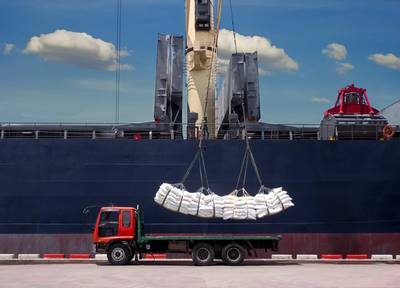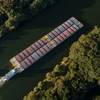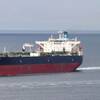The lineup of vessels to load sugar in Brazil currently is around 60 percent smaller than seen in the same period a year earlier because of lower output and tepid foreign demand, midway through the first month of the country's new cane crop.
Ten vessels were at Brazilian ports in the first week of April to load 393,500 tonnes of sugar, according to data from shipping agency Williams. At this time last year, 23 ships were at port to take on 950,400 tonnes.
"The main reason for that is the smaller production in Brazil," said Julio Maria Borges, a sugar analyst at consultancy JOB Economia e Planejamento. "We are going to see lineups smaller than last year during the crop."
Brazilian mills have been producing much more ethanol as this year's cane crop begins than seen last year, as the fuel is currently more profitable than sugar and demand for ethanol in Brazil is strong.
At the same time, Borges says, mills are avoiding closing large export deals as international sugar prices remain low. Brazil, the world's largest producer and exporter of sugar, is finding increasing competition abroad, as Europe, Thailand and India boost output.
Michael McDougall, vice president at ED&F MAN Capital Markets in New York, says China's tariff increase on sugar instituted last year is also hurting Brazil volumes.
Brazil's cane industry group Unica said exports to China, which in the past would amount to around 6 million tonnes per year, reached only 115,000 tonnes last season because of the restriction.
China in May last year started to charge a 45 percent duty on top of 50 percent tariff it already had in place for sugar imports beyond a quota of 1.94 million tonnes that applies to many countries, including Brazil.
An increase in white sugar production in Europe also weighed on premiums for that category compared with raw sugar, leading to lower demand from refiners for raw product, the experts said.
(Writing by Marcelo Teixeira; Editing by Steve Orlofsky)











